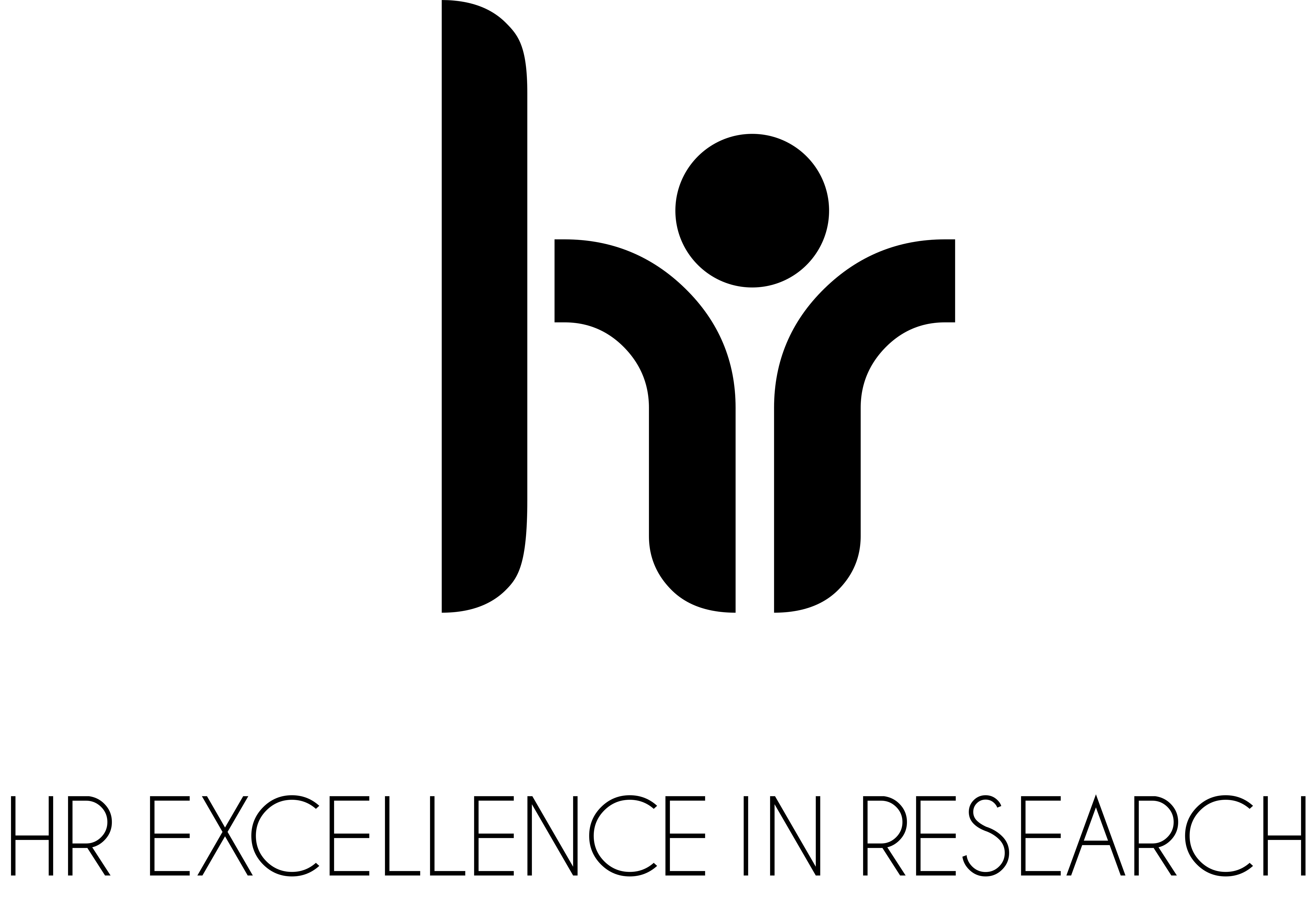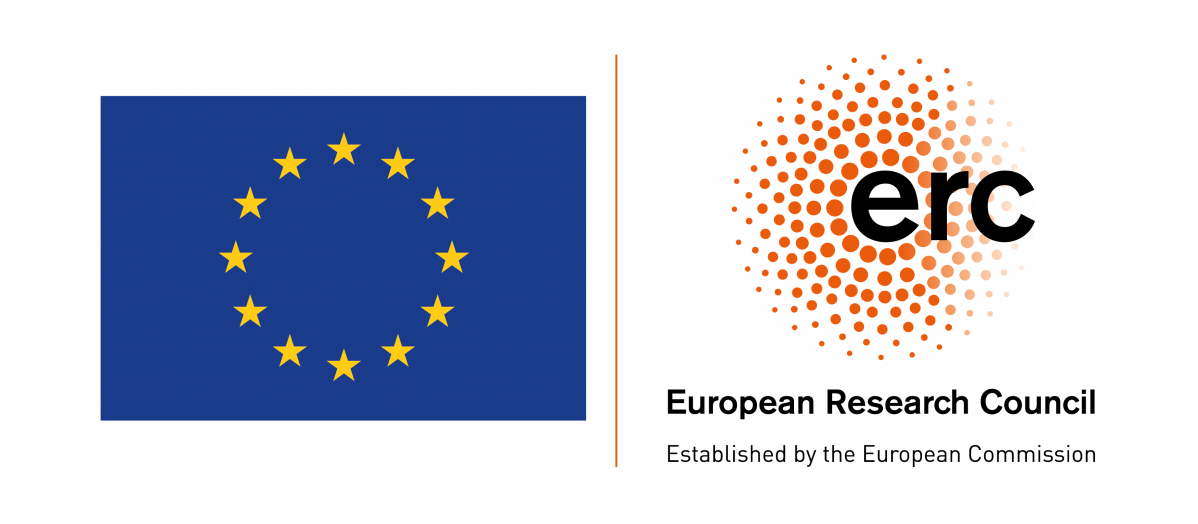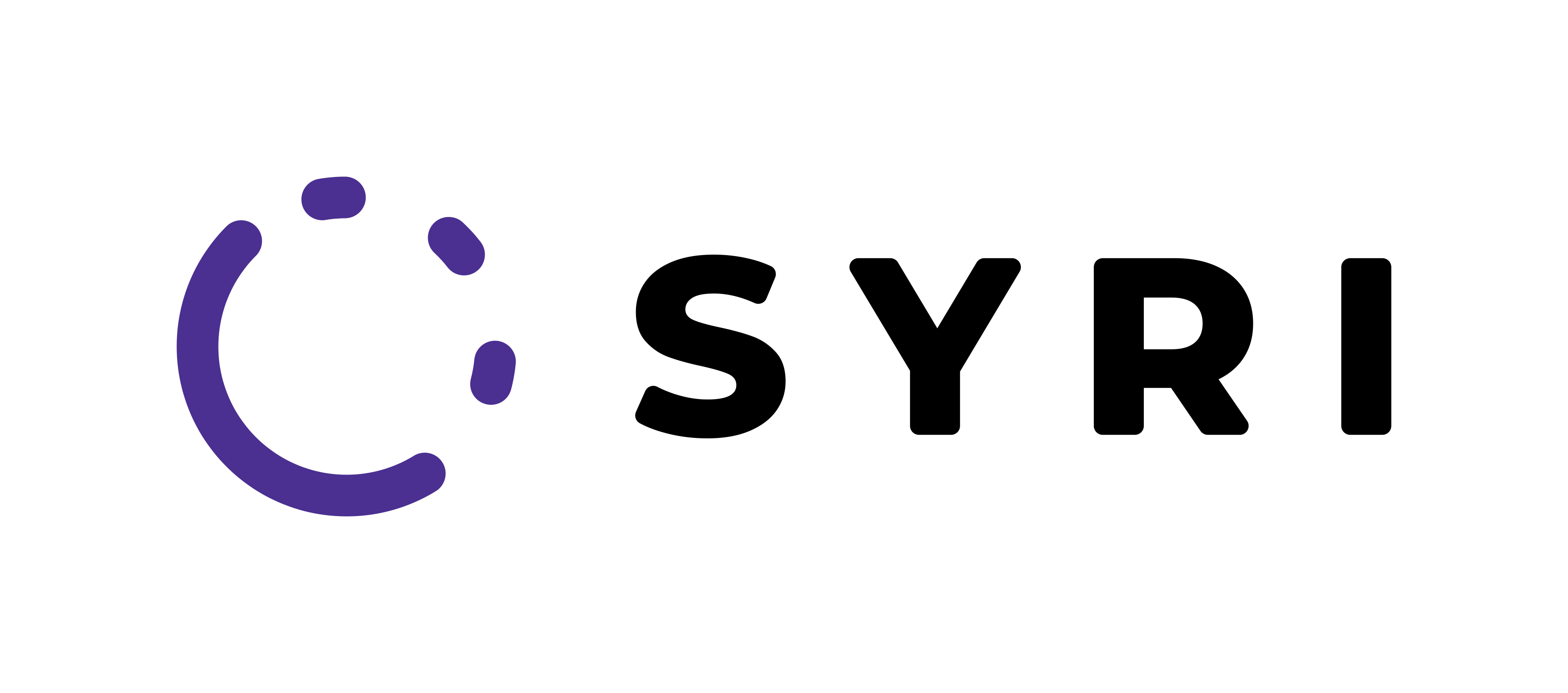Anotace
Plakátek ke stažení ZDE.
Knowledge, from a Marxian point of view, emerges within the metabolic relation between human and social nature and is the form of manipulating this nature. Based on the concepts of "activity" and the "ideal", Ilyenkov's critique of epistemology follows this Marxian path. Accordingly human activity, the highest form of which is production, is the "middle term" through which human and reality confront, unify, produced as subject and object and thus separate from one another. The specificity of human being is "object-oriented activity", which in essence means changing the world. Ilyenkov criticizes the views (idealism, positivism, and official Soviet DIAMAT) that reduce knowledge to a system of propositions. Such a reduction yields the pseudo-problem of "applying" knowledge to reality. If the knowledge of objects still requires being applied to objects, then it is a semblance of knowledge. The mind or the ability to think independently is possible only if the "spiritual wealth of the society" is internalized. According to Ilyenkov, the education system should be reorganised so that it can create such free individuals capable of independent thinking. Intelligence is not a rarity but is something common to all. The problem is the education system that has "mediocrity" as its norm and thus produces mediocre individuals. The education system must be so reorganised that every human individual can access the totality of human cultural wealth and human-made objects and means and acquire the ability of putting them in use. As Ilyenkov puts it: "Communism is a program for creating such conditions for all".





